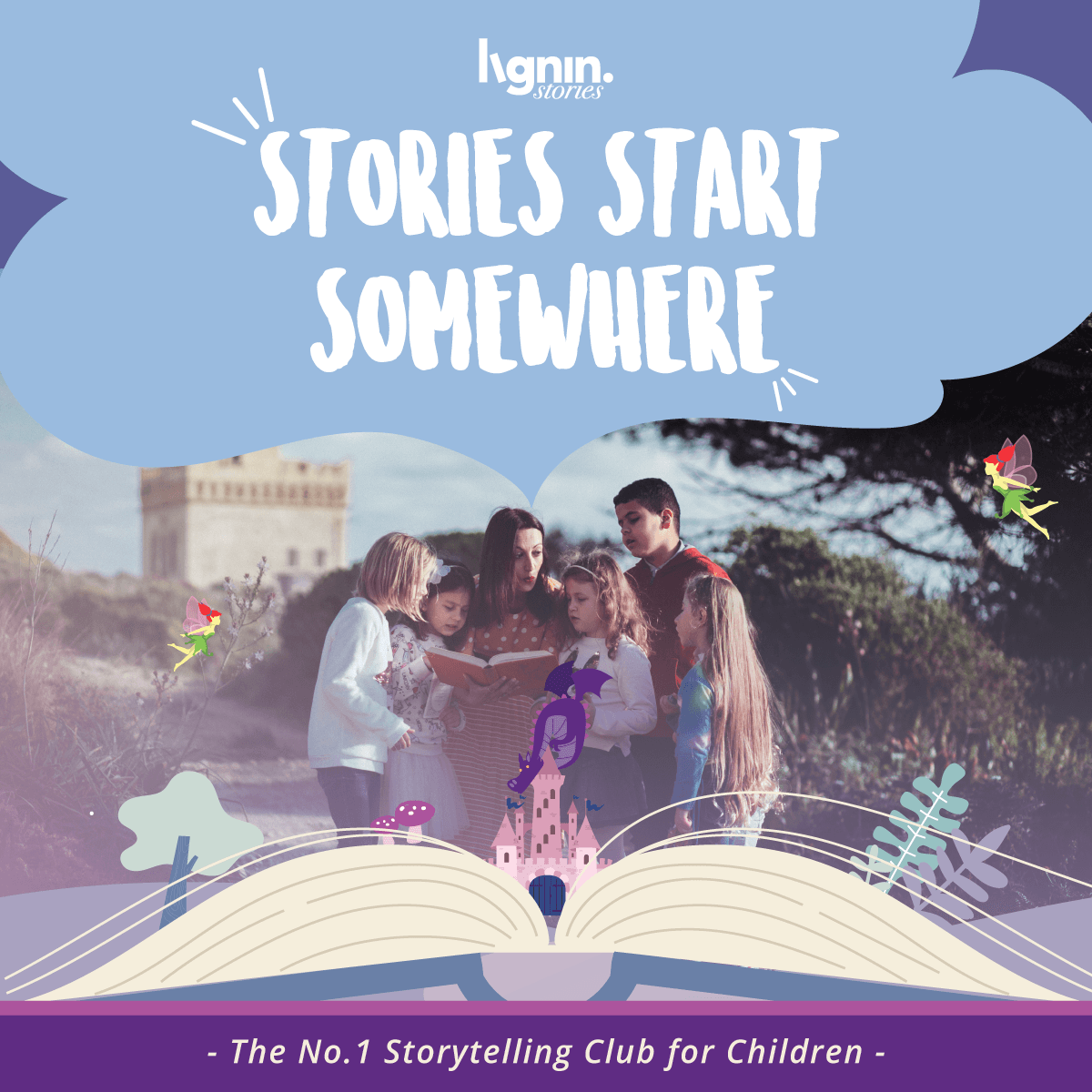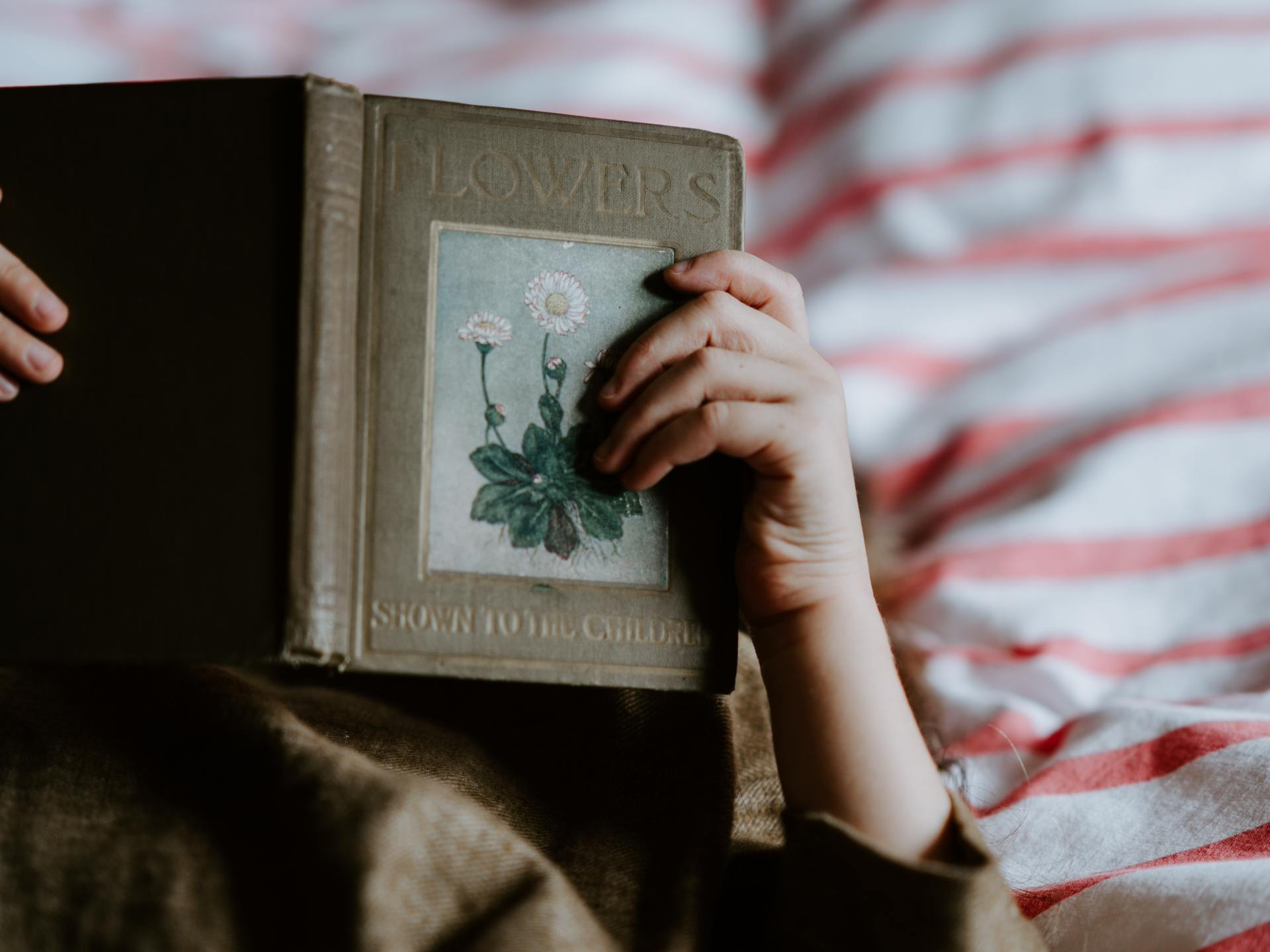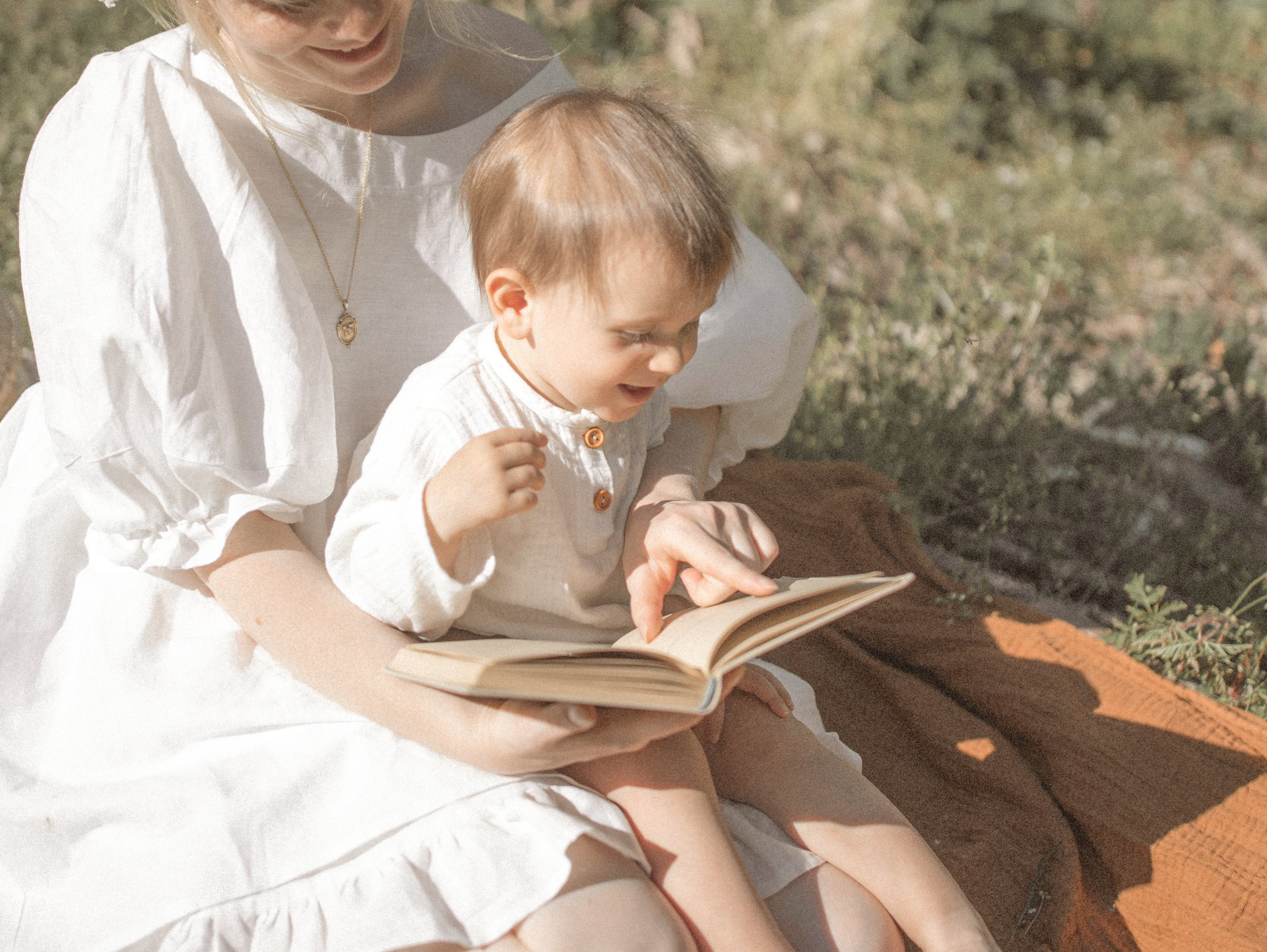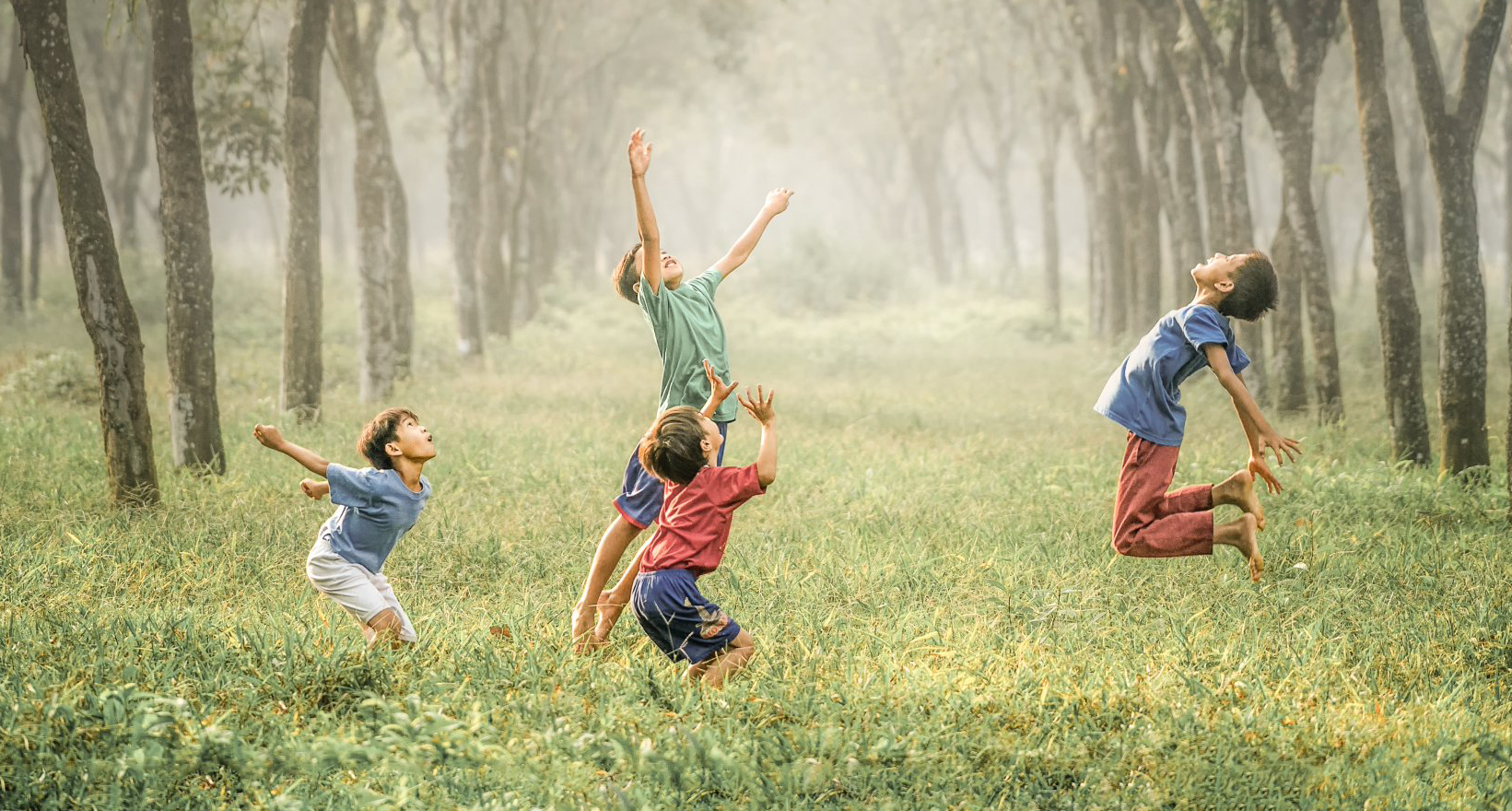How to Parent Like Angelina Jolie
When children are little we talk to them, but when they become teens we must learn to listen.
Every time I see this woman doing anything….acting, volunteering, public speaking, even parenting, she takes my breath away. You too?
There is much to say about Angelina Jolie – I have been a fan for decades – but it is only when she had twins, in 2008, that I began to pay attention to what she was saying and doing as a parent.
It cannot be easy to raise 6 children with mixed baggage, whilst maintaining a demanding career, acting as spokesperson for massive institutions like the United Nations and more recently going through health scares, as well as a divorce.
We may be tempted to dismiss her achievements as a natural consequence of her wealth but that would be a mistake. Many celebrities have left us feeling sorry for their children but not Angelina.
Sure, she has more wealth than most of us but nonetheless, she makes it clear that she faces similar struggles to us when it comes to her six children. So what has helped her to stay close to her children and nurture a family story that is positive and healthy?
As her youngest now move into their teenage years too, we can pick up some of her best practices, including the way in which she frames childhood and her role within the family structure.
Angelina makes it clear that commands and punishments will not work once children become teenagers, so fostering an open and honest system of communication with them from when they are really young, is very important.
Our customers share the same experience, saying that when they introduced the positive story solutions that we teach in our programmes to their families, they felt empowered to move away from traditional parenting – commands and punishments – into richer and more nourishing ways of communicating with their children. Just like Angelina, we can all create family stories that work for us, ensuring that as our children grow, the bond we share with them grows in the same way.
Inspired by Angelina Jolie’s parenting style, this week we are happy to share 3 positive story solutions to reflect upon when thinking about your role as a parent in the family and the effect that your actions have on yourself and your children in the long-term:
Positive Story Solution 1: Accept your child/ren’s personality.
Instead of battling your child/ren to turn them into a version of themselves that fits your expectations, pause and observe who they really are. Letting go of who we think our children are, allows us to embrace their true nature, and fosters harmony in our homes.
Shiloh Jolie-Pitt has drawn attention to herself as she prefers to wear masculine-type clothing and has asked to be called John. To Angelina, this is no big deal, and why should it be? She speaks of the importance of allowing children to express who they are in safe spaces because this gives them the confidence needed to grow into mentally healthy adults.
Sharing stories with our children offers us the possibility to observe them and understand what they associate with, in a space that is free of judgement. In Lignin Stories programmes, we often invite parents to share stories from the oral tradition because these contain deep truths that allow us to dig deeper into how the world works and explore different possibilities with our children. Stories from the oral tradition often focus on helping us to understand our role in the world – a powerful resource for children.
Positive Story Solution 2: Parent your children the way you wish you were parented yourself
Jolie usually has tears in her eyes when she speaks about her mother. ‘She was a great listener. I could talk to her about anything. No matter what would happen I knew she’d love me.’
Learning to let our children lead and learn through their own mistakes is not easy sometimes. Storytelling allows us to gift them freedom without having to worry about serious consequences. In stories, children can find their voice and we can empower them to use it for good causes.
Jolie claims that her parenting is inspired by her mother and the way she helped her to understand her role in the world: ‘She made me feel like I had a voice. She was gentle but when it came to her children she was elegant and fierce. She made me understand that nothing would mean anything unless I lived a life of service.’
Let children explore what their true purpose in life is by offering them different kinds of stories and allowing them to choose their favourites.
Positive Story Solution 3: Teach your children kindness
Jolie told Hello! that the lesson she is trying to instill in her six children above all is kindness. She’s trying to teach them “kindness—to others and themselves,” she started. “It’s important to be humble—know the freedoms you have and what you’ve been blessed with and make sure you help others. And always remember your place—we’re all human and very flawed. We’re tiny pieces in a much bigger world. As they grow up, I find my children are strong individuals but still open-minded. I try to lead by example and be kind and gracious, as my mother was—and loving and tolerant. But when there’s a fight that needs to be had, get in there. We need to prepare the next generation because there’s so much happening in the world— they’re up against it. I’m working on a program for children with the BBC. We’re counting on our children so we must give them the right knowledge and support.”
If you would like to watch the interview, it is here
To help you talk to your children about kindness and explore this very important value, I have prepared a story called The Apple Tree and the Rosebush, for you. Allow children to explore the actions of each character and the emotions that are triggered as a consequence. Show them that kindness makes everyone, including themselves, more joyful.
An apple tree and a rosebush lived side by side. The rosebush loved to boast about her beauty and her smell. ‘You are so old and plain’, she would say to the apple tree, ‘I, on the other hand, am lovely.’ The apple tree did not say anything but deep down his feelings were hurt. One day, a little girl walked past the tree and the bush, attempting to pick some roses to take to home to her sick mother. As she reached out towards the rosebush, its thorns cut deep into her skin making it bleed. The little girl was very sad and ran away crying. The next day she returned, for her mother really needed cheering up, but this time she thought she would try to collect some apples. They were very high up in the branches so she threw some stones at the tree and to her delight lots of apples fell down. The little girl ran home, happy and laughing. That night, when the rosebush began her usual boast about her beauty and her smell, the apple tree replied, ‘You may be beautiful but you are also unkind. When children praise you and reach for your roses, you prick them and make them cry but when they throw stones at me, I still gift them apples.’
May Angelina Jolie and our positive story solutions inspire many magical moments of connection in your families and please do reach out to us if you would like additional support and story resources.
Photo Credit: Nurphoto + Getty Images











